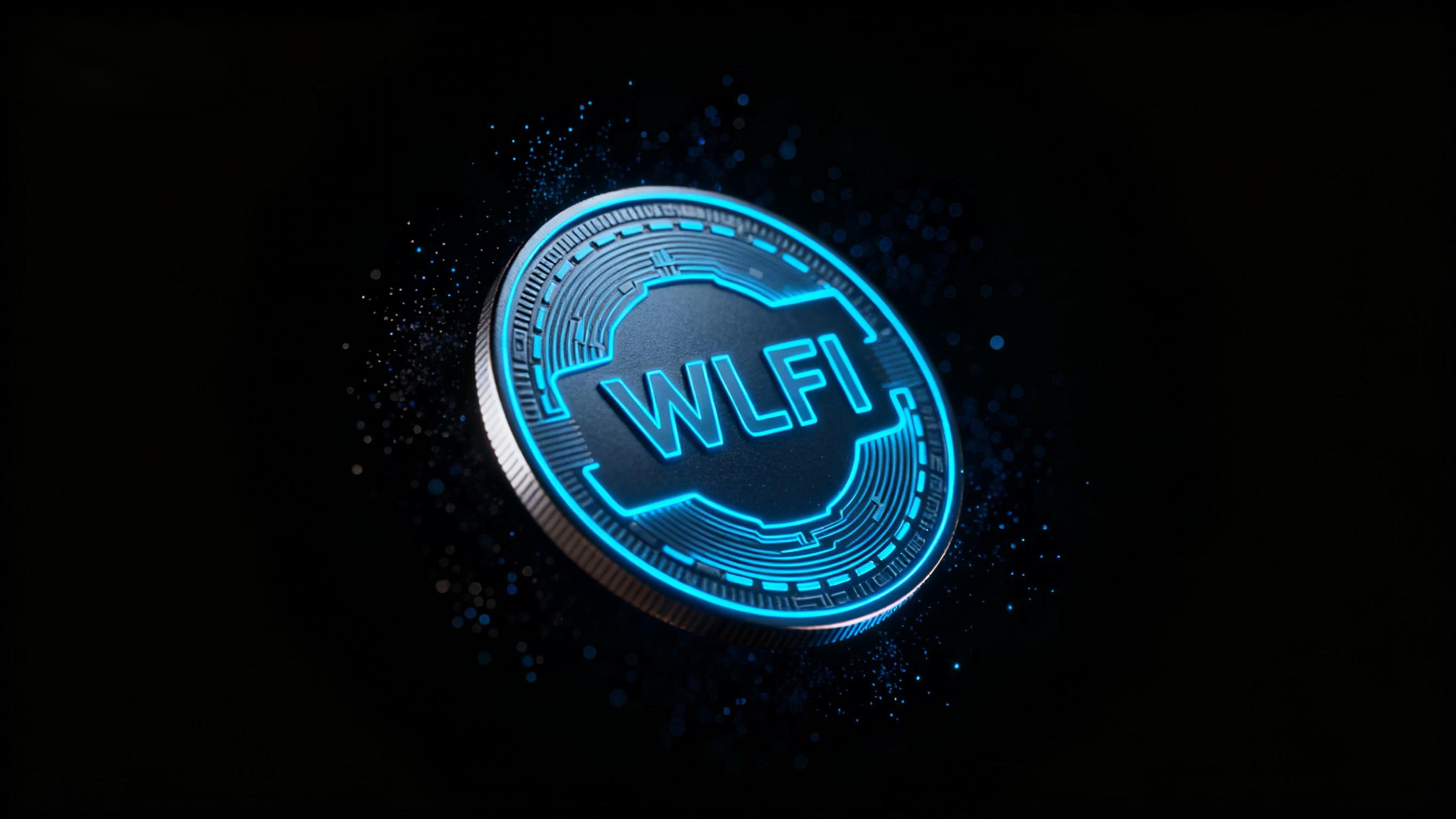
On Thursday, the World Liberty Financial team blacklisted Sun Yuchen, the largest investor in its token public offering, freezing 2.3 billion WLFI tokens he held, with a market value of nearly $750 million. After conducting a second round of KYC before the token issuance on September 1, the WLF team blacklisted 269 wallets. After the token issuance, the team blacklisted three more wallets, including Sun Yuchen's. Given the scale of Sun Yuchen's holdings, it is hard to imagine this action was accidental. Sun Yuchen's wallet controls 3 billion WLFI tokens, accounting for 3% of the fully diluted supply and now over 99% of the blacklisted WLFI. This shocked Sun Yuchen, who faces accusations of selling user tokens on Huobi but claims he has done nothing wrong and is protesting this unilateral move.
The prelude to this blacklisting incident is particularly startling. Sun Yuchen did not just write a check; after he acquired WLFI for $30 million last year, WLFI co-founder Zak Folkman publicly praised him for revitalizing the project, later welcomed him as an advisor, and the two appeared on stage together to promote the work. These connections extended throughout the market infrastructure: Sun Yuchen's exchange HTX became a key distribution channel for WLFI's stablecoin USD1 and related points campaigns. World Liberty promoted HTX's "WLFI Earn Carnival," offering WLFI holders a 20% yield for participating in earn activities, and even invested in Sun Yuchen's TRX token, their third-largest non-stable asset after BTC and ETH. Against the backdrop of mutual promotion and investment between World Liberty Financial and Sun Yuchen, blacklisting Sun Yuchen's address seems more like breaking the alliance that helped launch WLFI rather than a principled compliance action.
Galaxy's Perspective:
The first question that comes to mind is: Why does WLFI even have a blacklist function?
This is surprising for three main reasons.
First, the blacklist was not in the original contract but was included in a proxy contract upgrade one week before the tokens became transferable.
Second, blacklisting in cryptocurrency is almost exclusively a permission for stablecoins, asset-backed tokens, and security tokens. This is mainly due to regulatory requirements: compliance with OFAC blacklists, freezing assets based on law enforcement seizures, and various miscellaneous TradFi security regulations. For a token like WLFI, which is a governance token designed to avoid investment status by having no connection or claim to WLF's economics or the WLF team's efforts—a key element of the Howey Test—blacklisting is uncommon.
Without any regulatory requirement to blacklist addresses or holders, what is the purpose of unilaterally freezing user tokens? It is not just for enforcing KYC, as they allowed Sun Yuchen to pass two rounds of KYC, unlock and vest his tokens, and make some transfers before blacklisting him. It is not just for implementing sanctions, as they did not even cover addresses on the OFAC list (e.g., 0x8576acc5c05d6ce88f4e49bf65bdf0c62f91353c)! It seems solely to enforce WLF's rules, and under the terms and conditions, it is clear that the WLF team makes and interprets the rules, not the token holders.
Third and finally, the Trump family made it clear that their own experience with de-banking was a primary motivation for launching World Liberty Financial.
The obvious second question is what this means for WLF's other deals, particularly Aave. Both the World Liberty Financial governance layer and the Aave governance layer agreed to license an Aave v3 instance to World Liberty Financial in exchange for "approximately 7% of the total WLFI token supply." Aave has not yet received the WLFI tokens, and the WLF team has not deployed any version of the code licensed from Aave. These concerns are further exacerbated by the explicit risk disclaimer in the WLFI Gold Paper, stating that the Aave integration is "potential" and "may not happen." If the WLF team is willing to unilaterally freeze the wallet of a flagship investor, rational counterparties like Aave should reinforce the deal structure. If token allocations or revenue sharing are part of any partnership, they must insist on objective on-chain conditions and escrow arrangements to eliminate unilateral switching.
For the WLFI community, this incident is a test of the narrative. The project promotes freedom and community rules, but its fine print centralizes power and imposes radical control. WLFI is a brand-driven governance token whose managers have substantial discretion over who participates and when. This does not preclude its success, but it narrows the pool of buyers who can bear the free counterparty risk outlined in the contract and terms and conditions. Silently freezing the largest public investor during launch week sets a high bar for future communication and governance processes to alleviate concerns. If the WLF team can meet this standard by explaining the criteria, documenting them, and binding themselves to them on-chain, they can rebuild confidence.
But for now, World Liberty Financial has revised the terms of its deal with Sun Yuchen. Pray they don’t make further revisions on you, the WLFI holder.
















